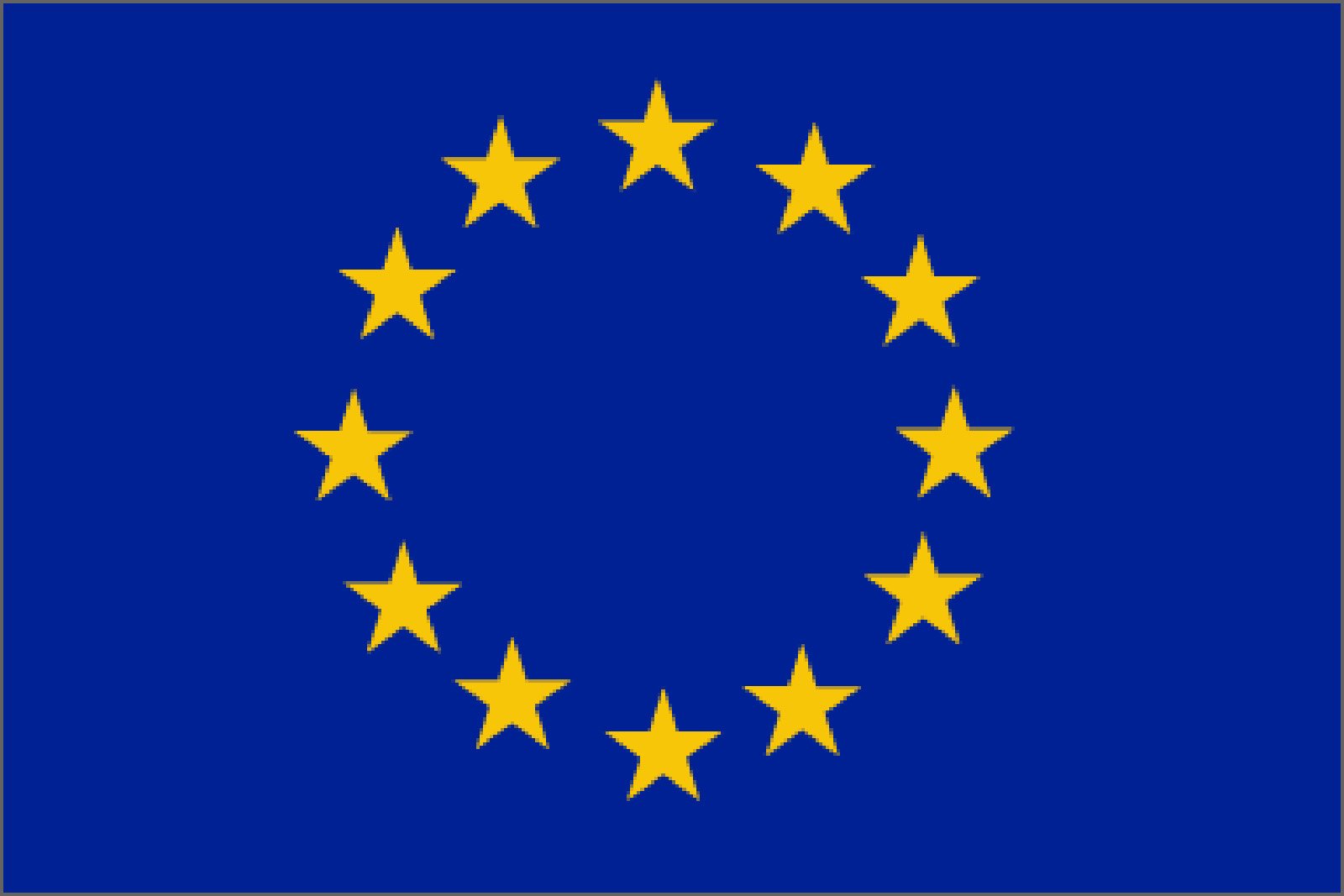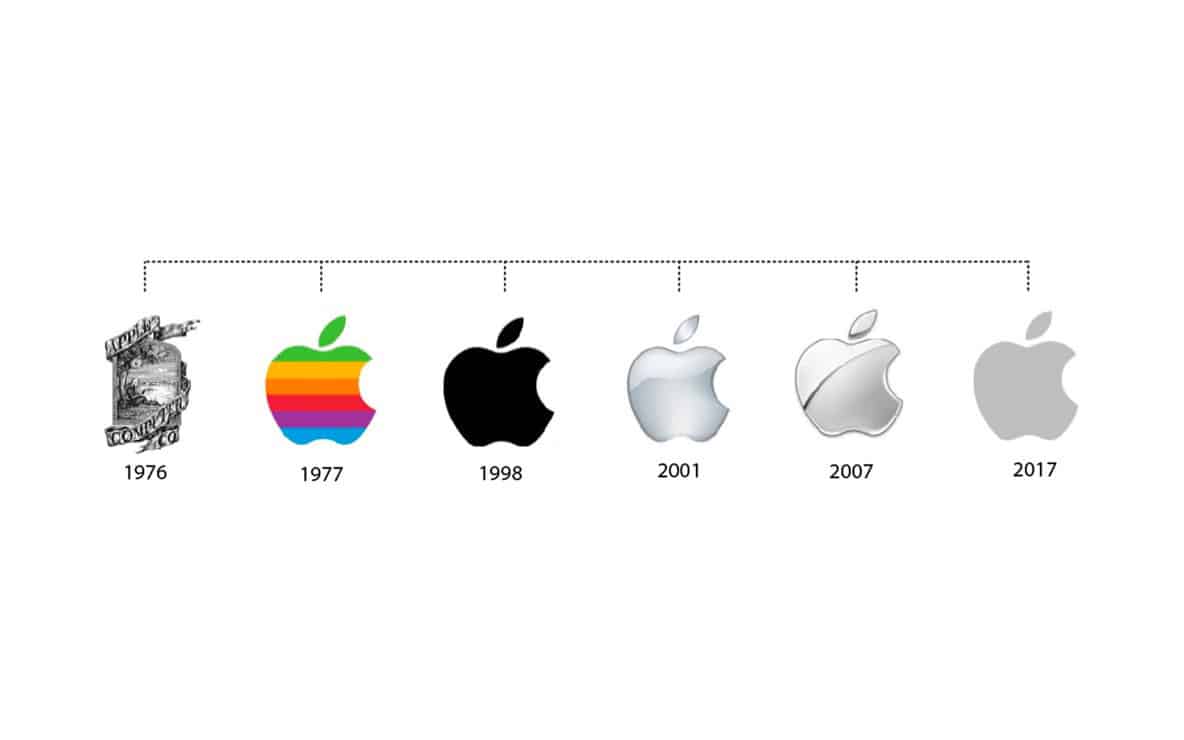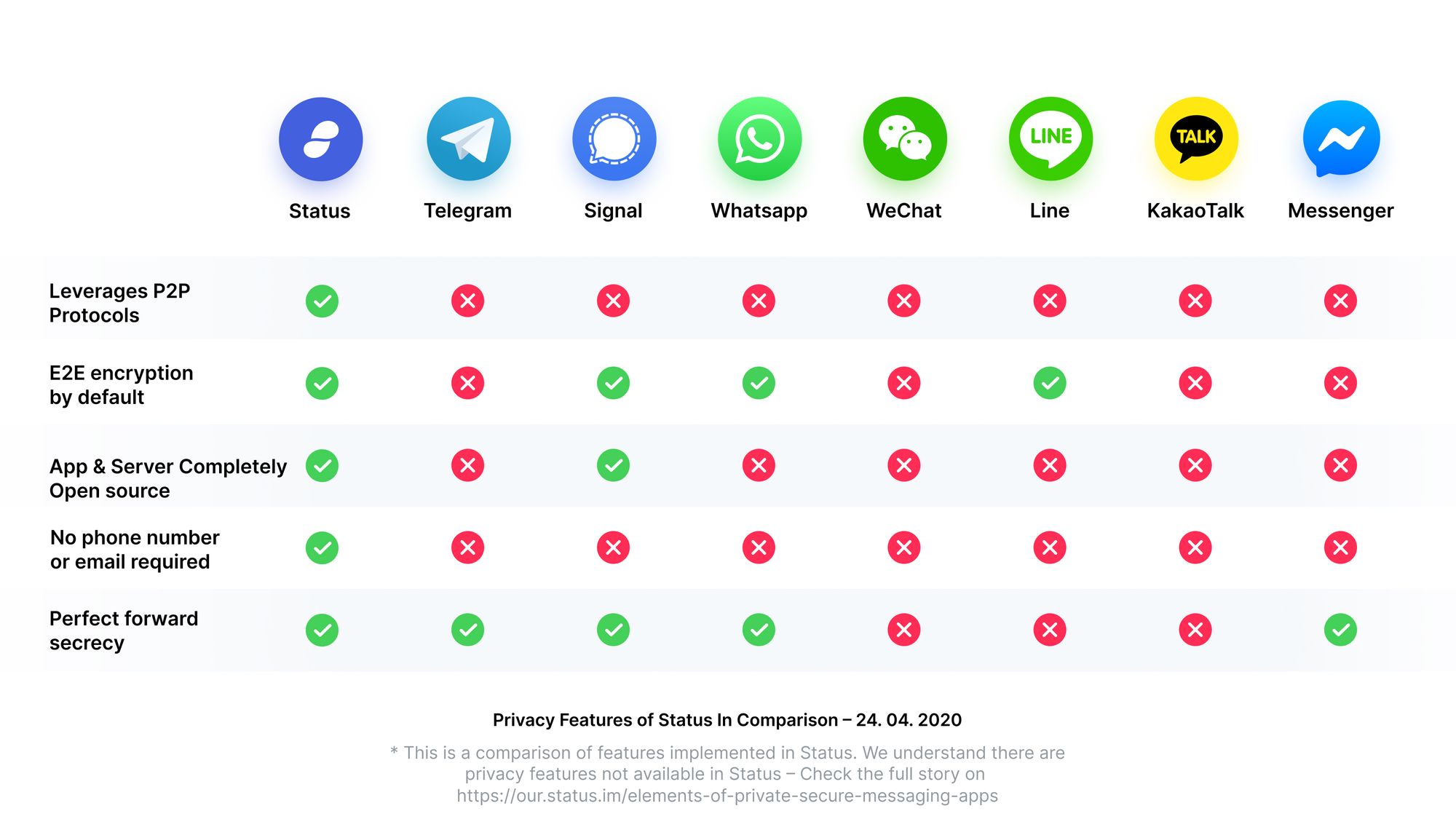Known for her witty commentary and tech-savvy insights, Alexis Carter navigates the world of cutting-edge technology with charm and flair. When not tapping away at her keyboard, she can be found exploring the latest gadgets or perfecting her latte art skills.
The EU’s Digital Markets Act: A Game-Changer for Big Tech
The European Union’s Digital Markets Act (DMA) is set to revolutionize the landscape for major tech companies, with a focus on promoting fair competition and reducing anticompetitive behavior. The legislation designates certain online companies as “gatekeepers,” including tech giants like Alphabet, Amazon, Apple, ByteDance, Meta, and Microsoft. These companies face strict requirements to ensure a level playing field in the digital market.
According to a report by The Verge, ahead of the early March deadline for compliance, tech companies are already making significant changes. Google, for instance, is allowing EU users to choose which services share their data, showcasing the initial impact of the DMA on tech industry practices.
 Illustration of the EU flag
Illustration of the EU flag
Apple and Microsoft Navigate DMA Regulations
Apple and Microsoft have been at the forefront of discussions surrounding the DMA. Both companies have been working to keep services like iMessage and Bing off the list of gatekeepers subject to the new European regulations. The European Commission’s market investigations into these services highlight the complexities of complying with the DMA’s stringent rules.
 Illustration of the Apple logo
Illustration of the Apple logo
The Impact on Messaging Services and Search Engines
The DMA’s implications extend to messaging services and search engines. Large tech companies are now required to offer interoperability for messaging services and share certain data upon request for search engines. This shift aims to create a more open and competitive digital environment, challenging the dominance of established platforms.
 Graphic showing messaging apps
Graphic showing messaging apps
Looking Ahead: Compliance and Adaptation
As the tech industry prepares to navigate the DMA regulations, companies are strategizing to comply with the new rules. The DMA’s focus on interoperability, competition, and user choice signals a significant shift in how tech giants operate within the European market. The coming months will be crucial as companies adjust their practices to meet the requirements set forth by the EU legislation.
 Illustration of the tech industry
Illustration of the tech industry
In conclusion, the EU’s Digital Markets Act is ushering in a new era for Big Tech, challenging established norms and fostering a more competitive digital ecosystem. The impact of the DMA will continue to unfold as companies adapt to the regulatory changes and strive to meet the evolving demands of fair competition in the tech sector.


 Photo by
Photo by 












